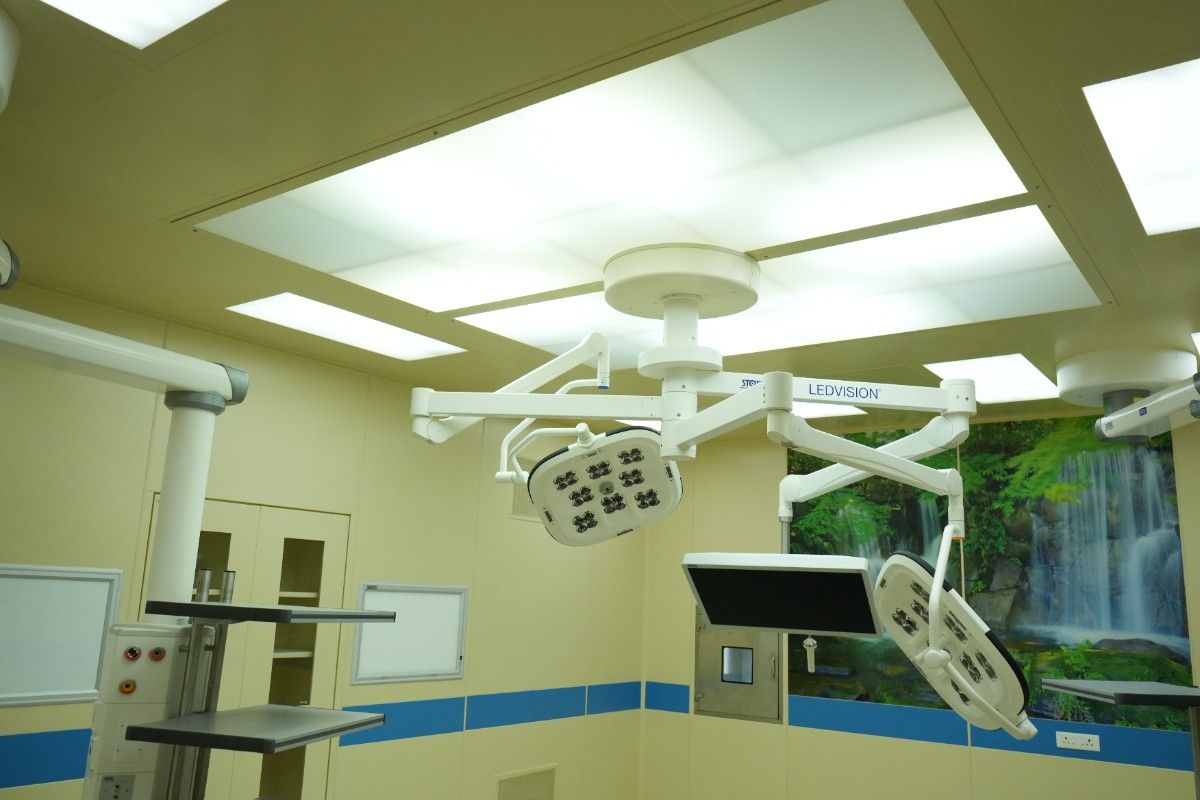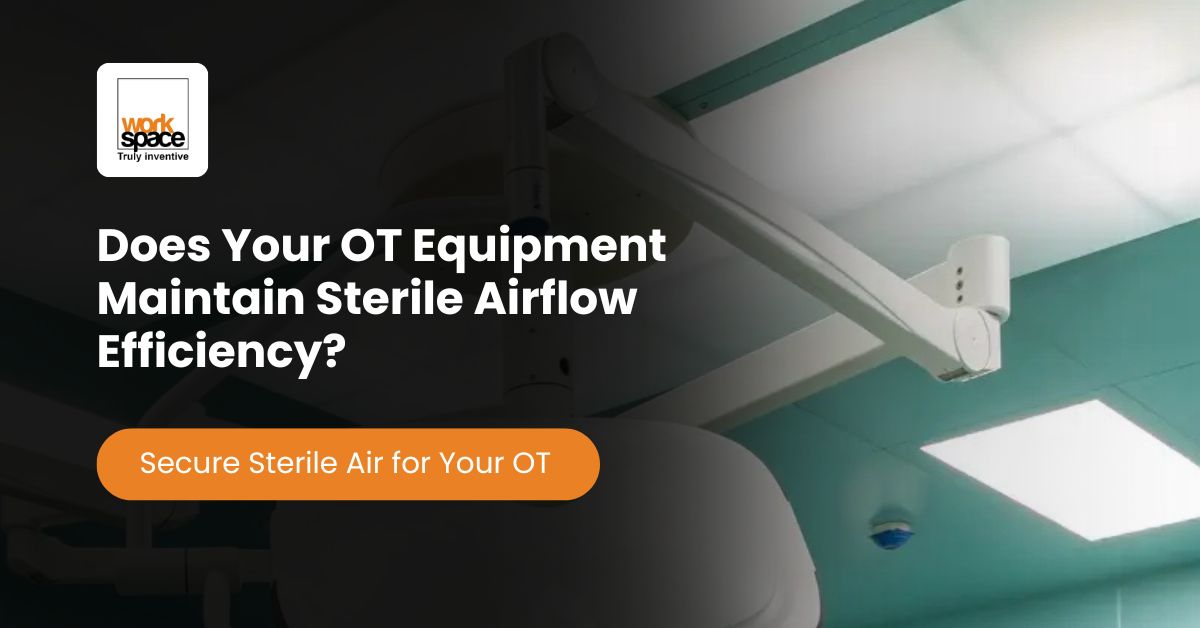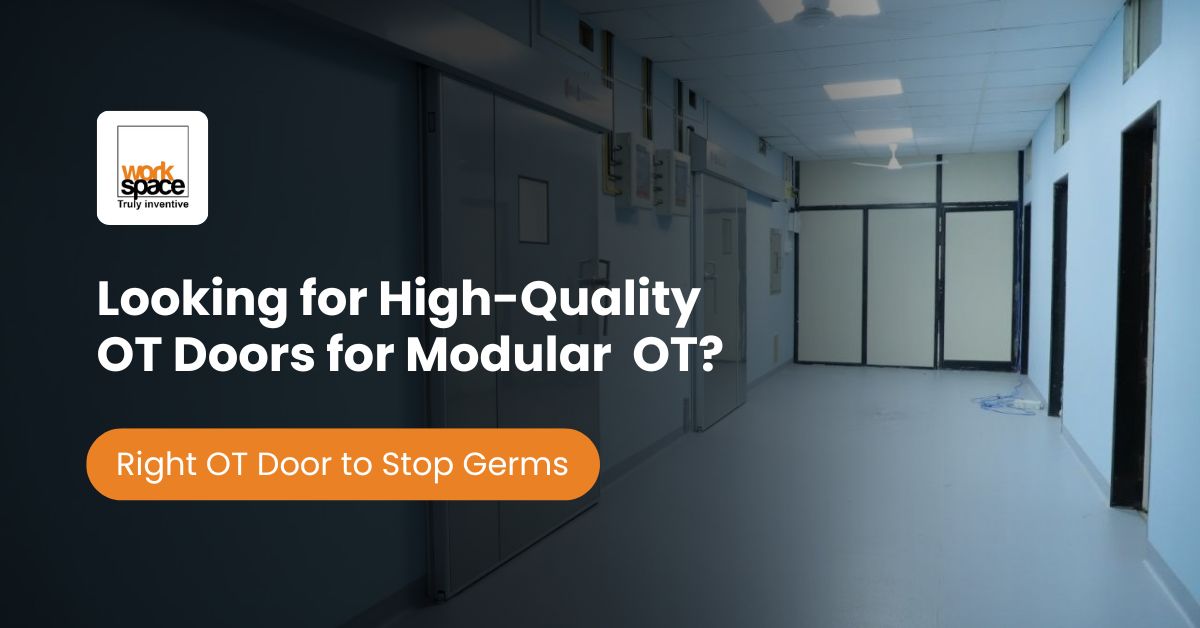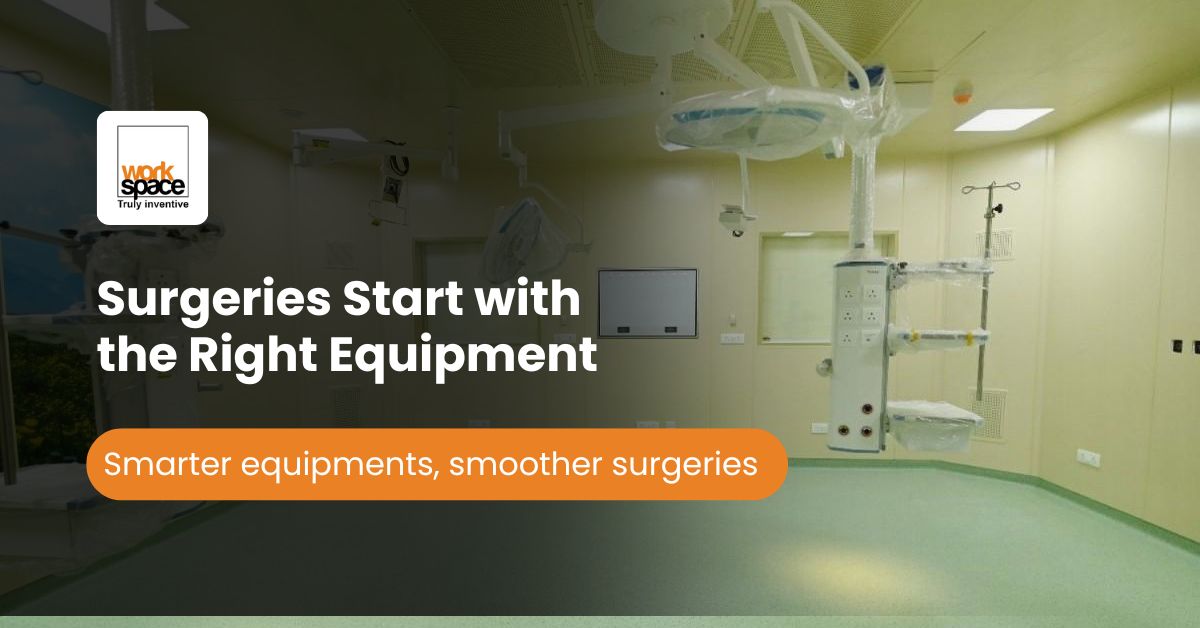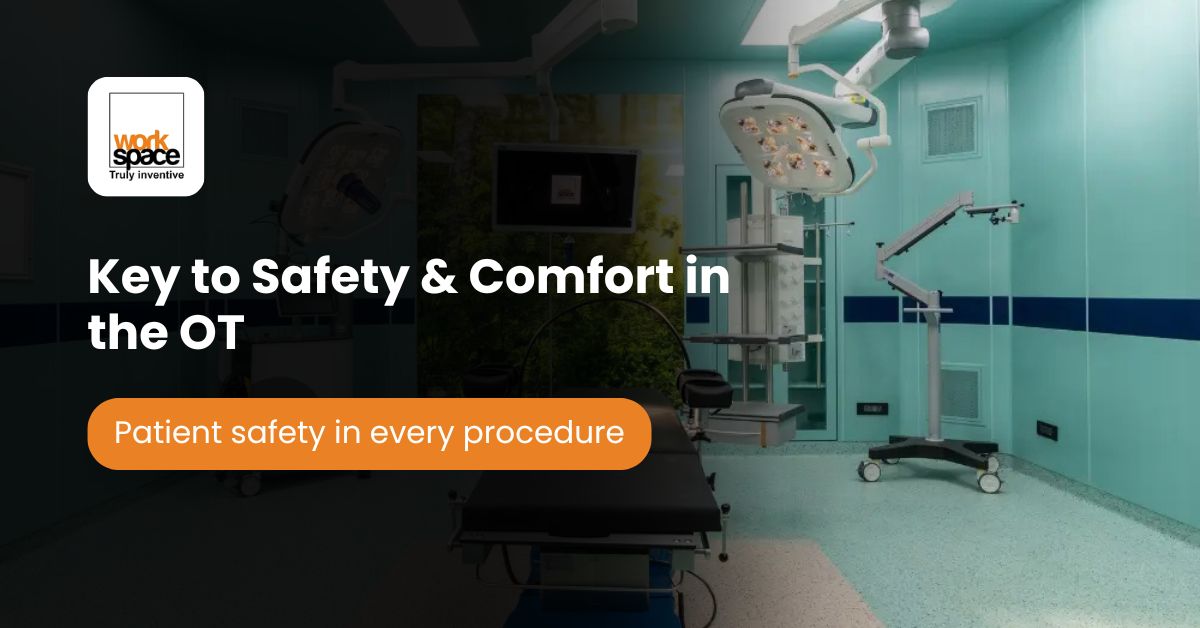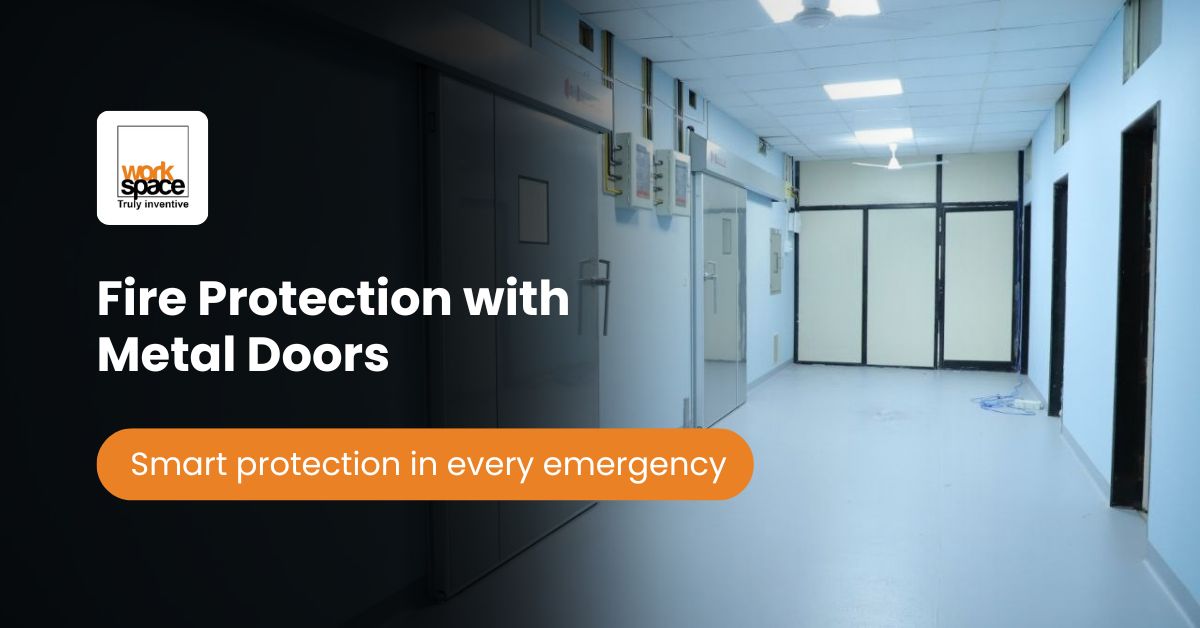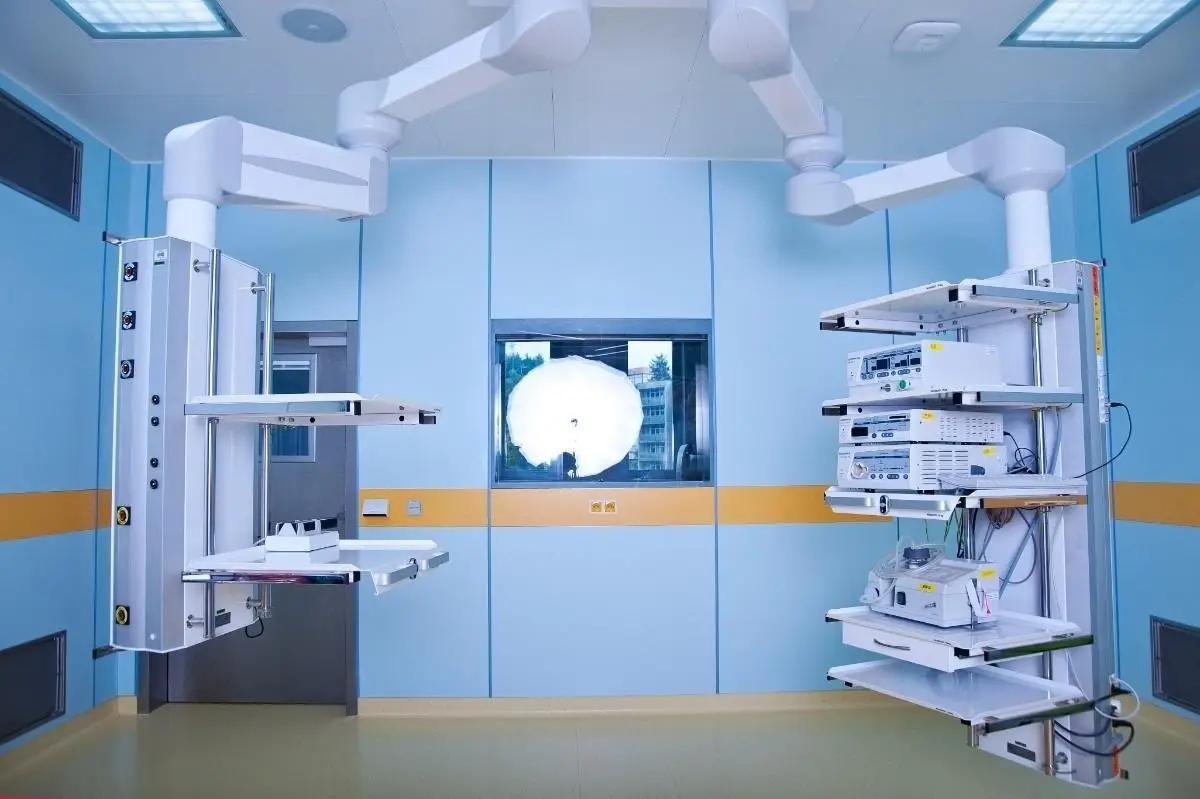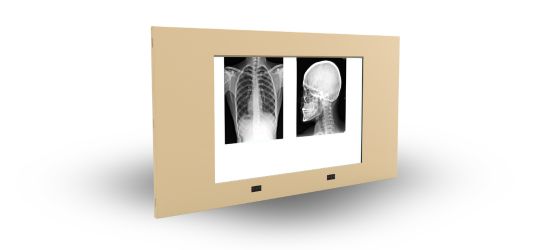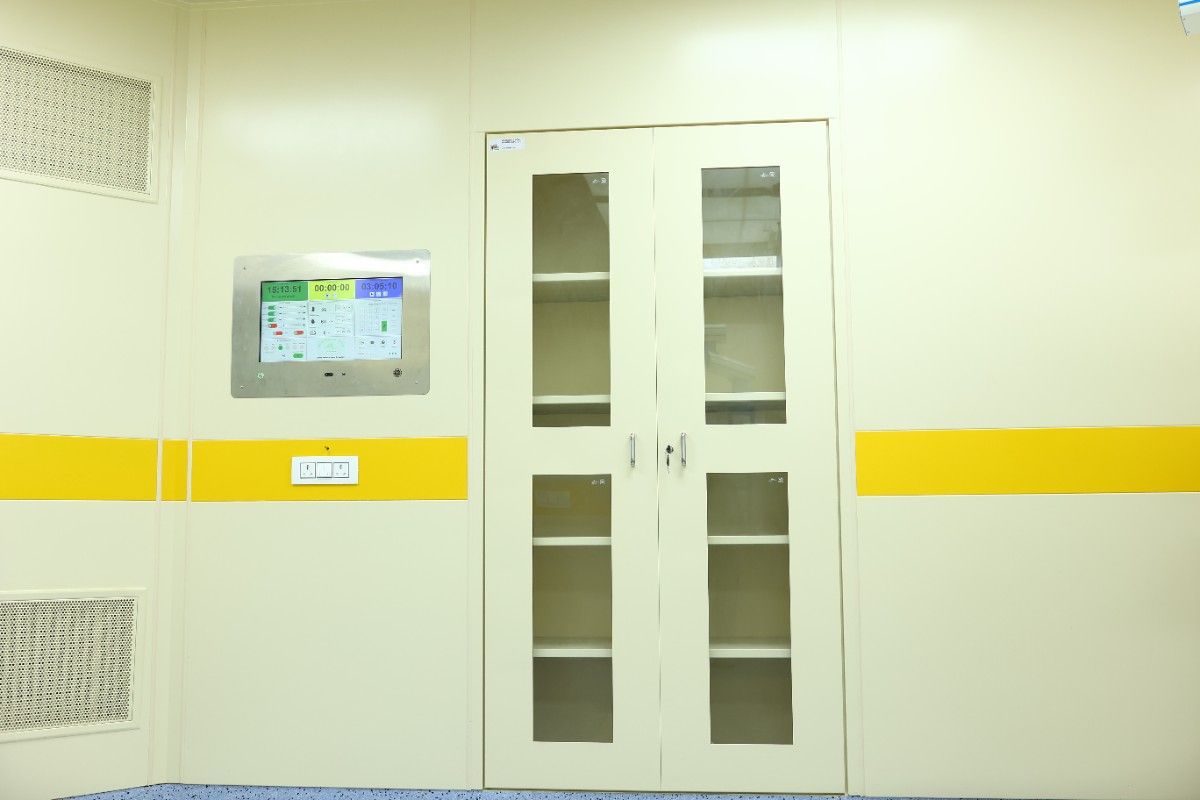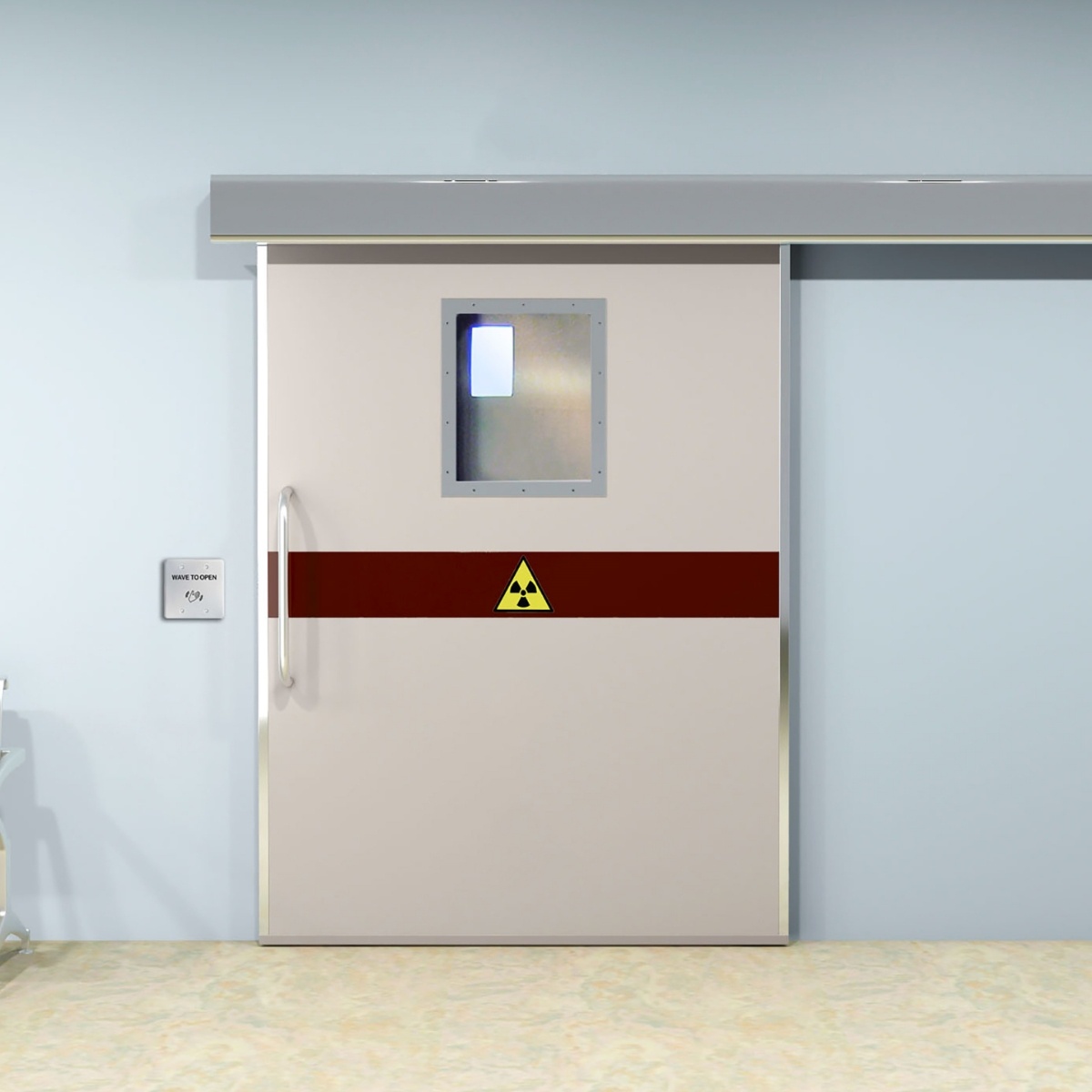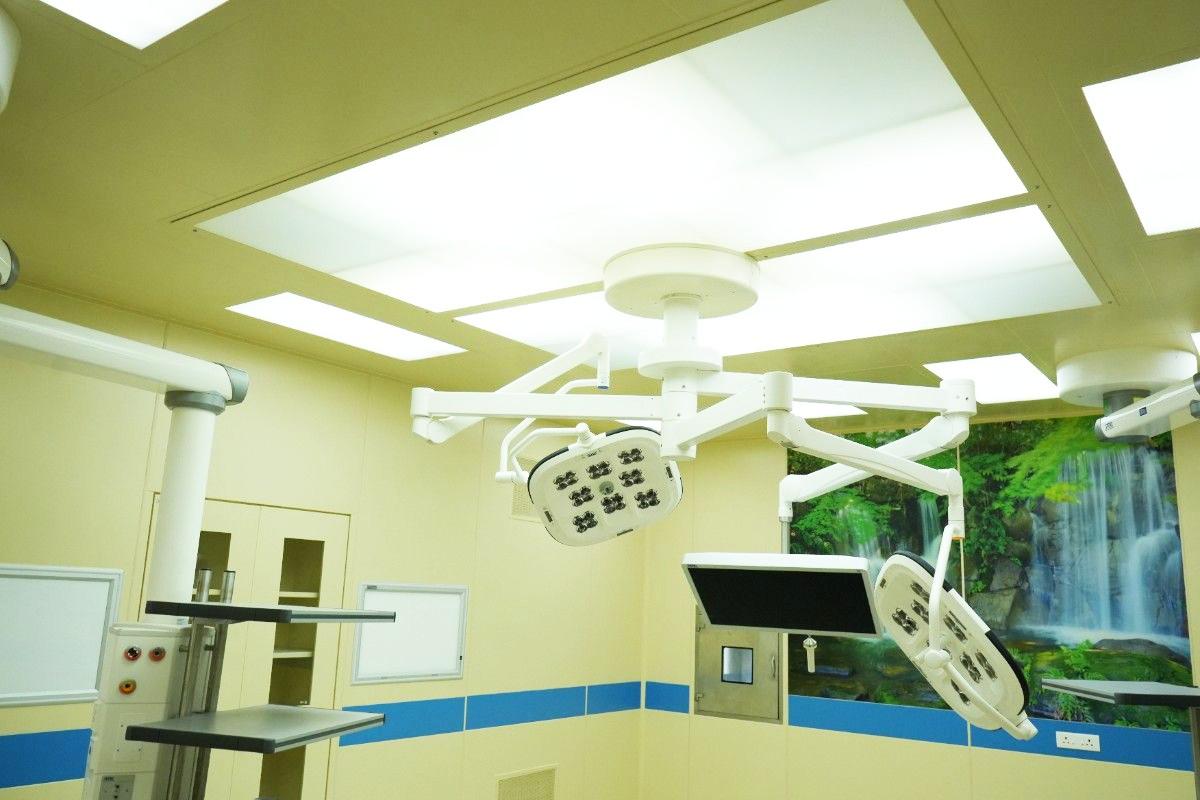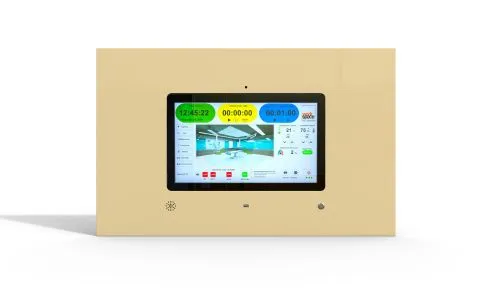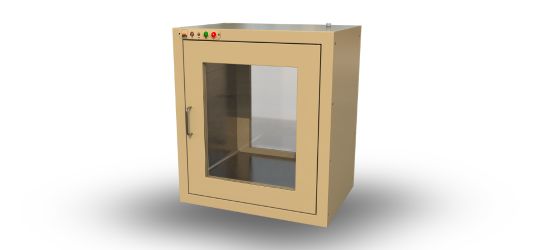In today’s healthcare system, preserving a sterile surgical environment is essential for both patient safety and healing. laminar air flow uses are perhaps one of the best ways to accomplish this in modular operating rooms. laminar air flow uses essential for reducing airborne pollutants and guaranteeing a secure and regulated operating room for surgeries. Postoperative infections are considerably decreased by these systems, which control airflow, filter out microbes, and maintain ideal air quality.
Understanding Laminar Air Flow Uses in Modular Operation Theaters
Laminar air flow refers to the controlled, unidirectional movement of air at a consistent velocity. Unlike conventional airflow systems, which can cause turbulence and spread contaminants, laminar airflow creates a controlled, sterile zone over the surgical site. Laminar air flow uses is particularly important in modular operation theaters, where precision and hygiene are of utmost importance.
In these configurations, laminar air flow uses usually accomplished through special ceiling systems that provide a continuous flow of filtered air into the room or downward. To keep the operating room clean, these systems are used in conjunction with high-efficiency particulate air (HEPA) filters to eliminate airborne pathogens.
Workspace Metal Solutions is dedicated to meeting the essential needs of contemporary medical facilities while providing solutions that adhere to international standards.
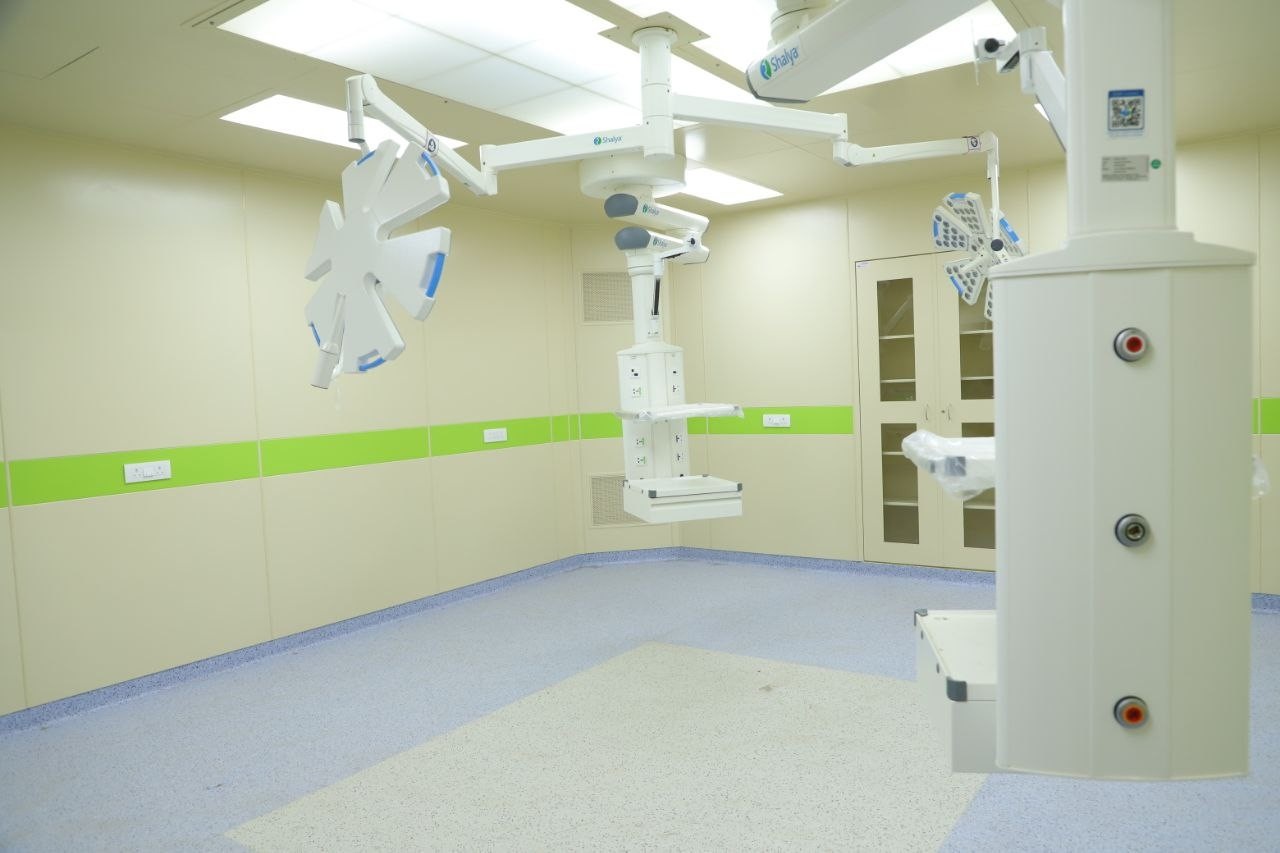
The Role of Airflow Systems in Surgical Safety
The integration of laminar air flow systems in modular operation theaters offers multiple benefits that directly impact surgical safety and infection control. Some of the key advantages include:
- Infection Control: Surgical site infections (SSIs) pose a significant risk in hospitals. Laminar Air flow systems supply a continuous flow of sterile air, effectively reducing airborne pathogens. With reduced bacterial contamination in the surgical field, the chances of postoperative infections decrease, leading to better patient outcomes.
- Environmental Control: The performance of air technologies in operating rooms goes beyond infection control. Fresh air ventilation systems regulate humidity, temperature, and air pressure within the operating theater. Maintaining the right environmental conditions ensures comfort for the surgical team and supports the effectiveness of sterilization protocols.
- Compliance with International Standards: The installation of laminar air flow systems aligns with regulatory requirements such as DIN 1946, part 4, EN ISO 14644-3, and EN 1822:2009. These standards ensure that airflow solutions meet the stringent requirements necessary for maintaining sterility in healthcare facilities. Hospitals and surgical centers that comply with these regulations can significantly improve patient safety and procedural efficiency.
Fresh Air Ventilation Systems: Enhancing Air Quality
Laminar air flow uses protect over the surgery site, but they function best when combined with ventilation systems that use fresh air. These devices dilute impurities that could build up over time by introducing filtered outside air into the operation area. A healthy operating room is ensured by this steady flow of fresh air, which also keeps the air clean and stops dangerous gasses from accumulating.
Modular operation theaters may be easily maintained and adjusted to meet different surgical needs thanks to a well-designed ventilation system. Effective airflow system control allows hospitals to maximize energy economy and infection prevention.
Key Features of Laminar Air Flow USes in Modular Operation Theaters
The effectiveness of laminar air flow uses in modular operation theaters depends on several critical features, including:
- High-Efficiency Particulate Air (HEPA) Filters: HEPA filters remove up to 99.97% of airborne particles as small as 0.3 microns. Their role in maintaining sterility is indispensable, as they capture bacteria, dust, and other contaminants before they enter the surgical space.
- Custom airflow design: Each modular operation theatre has unique airflow requirements based on its size, surgical procedures and compliance requirements. A customised airflow system ensures that clean air is optimally distributed, preventing the risk of contamination.
- Seamless integration with modular infrastructure: Laminar airflow and fresh air ventilation systems should be designed for easy integration with modular operation theatres. This ensures that installation, operation and maintenance can be carried out without disrupting the surgical workflow.
Workspace Metal Solutions: Pioneering Modular Operation Theater Innovations
Workspace Metal Solutions, a reputed leader in healthcare infrastructure, specializes in manufacturing and putting together modular operating rooms with advanced air technology. The solutions meet worldwide standards, guaranteeing the utmost efficiency and sterility in every theater. WMSPL designs operating rooms with a focus on patient safety and procedural accuracy by integrating laminar airflow systems, fresh air ventilation systems, HEPA filtering, and more.
Workspace Metal Solutions offers customized solutions that enhance modular operating rooms for hospitals and surgical centers that are looking for high-performance airflow systems. WMSPL’s knowledge of air technology guarantees that each installation is designed to preserve a sterile, effective, and controlled surgical environment.
F.A.Q.
What is the significance of laminar air flow uses in operation theaters?
Laminar air flow uses provides a steady, unidirectional flow of filtered air over the surgical area, minimizing the risk of airborne contamination and ensuring a sterile environment for surgical procedures.
How do fresh air ventilation systems complement laminar air flow?
Fresh air ventilation systems introduce external air into the operating room, diluting contaminants and maintaining optimal air quality. This supports infection control and ensures compliance with air quality standards.
Why are laminar air flow uses important in modular operation theaters?
Laminar air flow uses essential in air flow systems as they remove microscopic particles, including bacteria and viruses, ensuring that only clean, filtered air reaches the surgical site.
How does Workspace Metal Solutions contribute to surgical safety?
Workspace Metal Solutions designs and assembles modular operation theaters with advanced airflow systems, meeting stringent international standards to create a sterile and efficient surgical environment.

